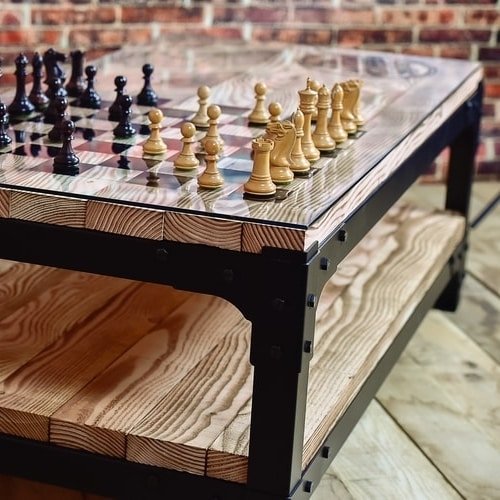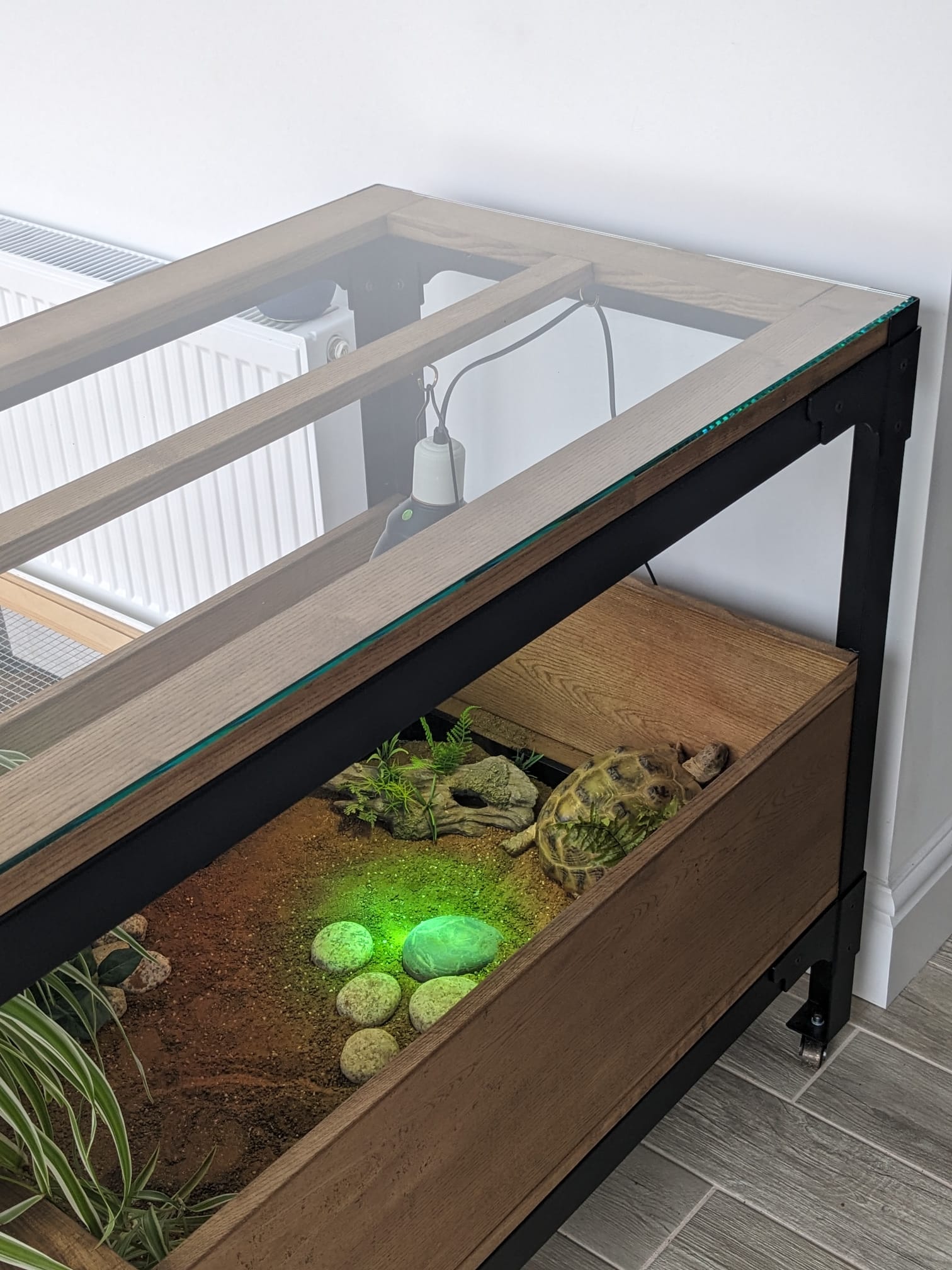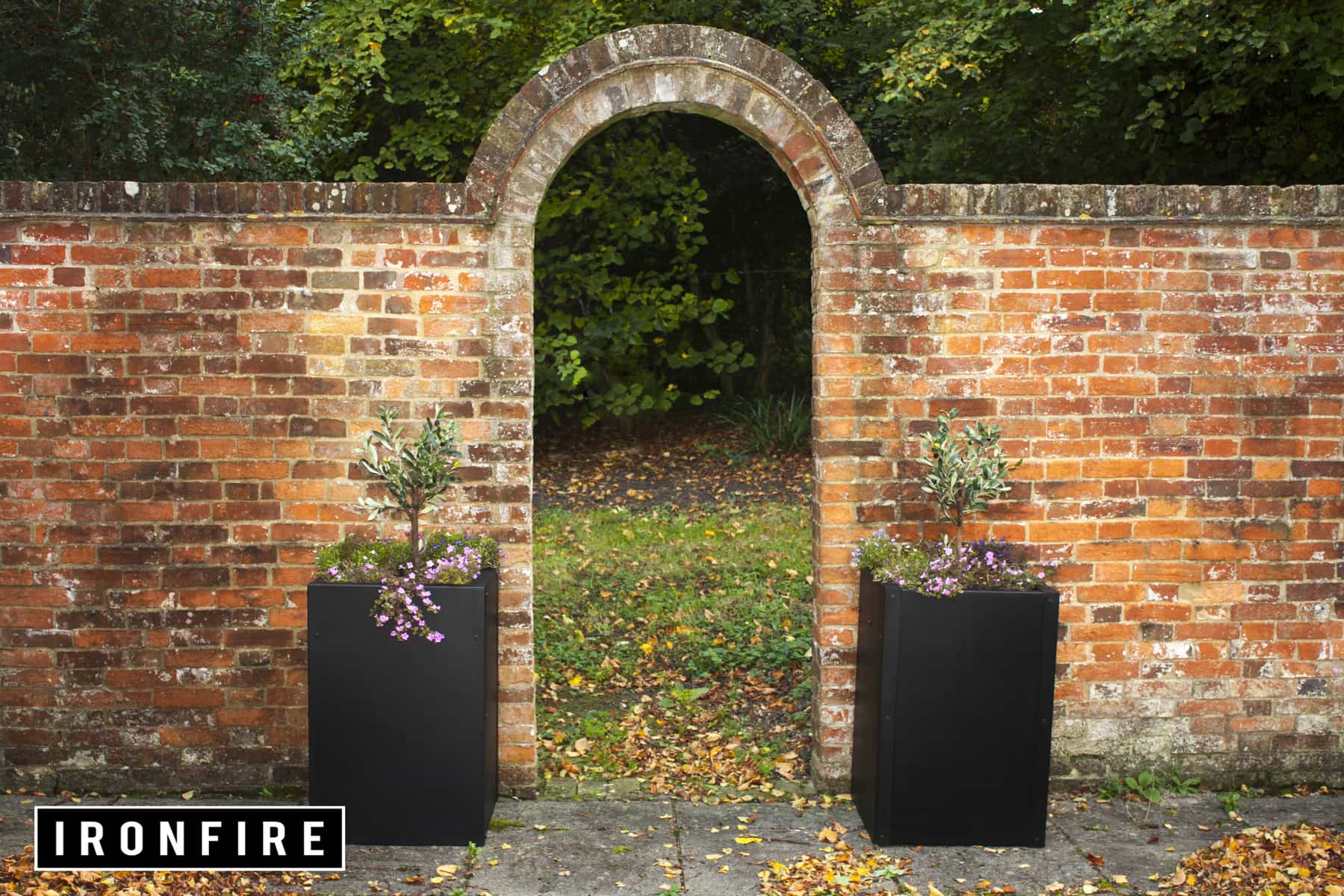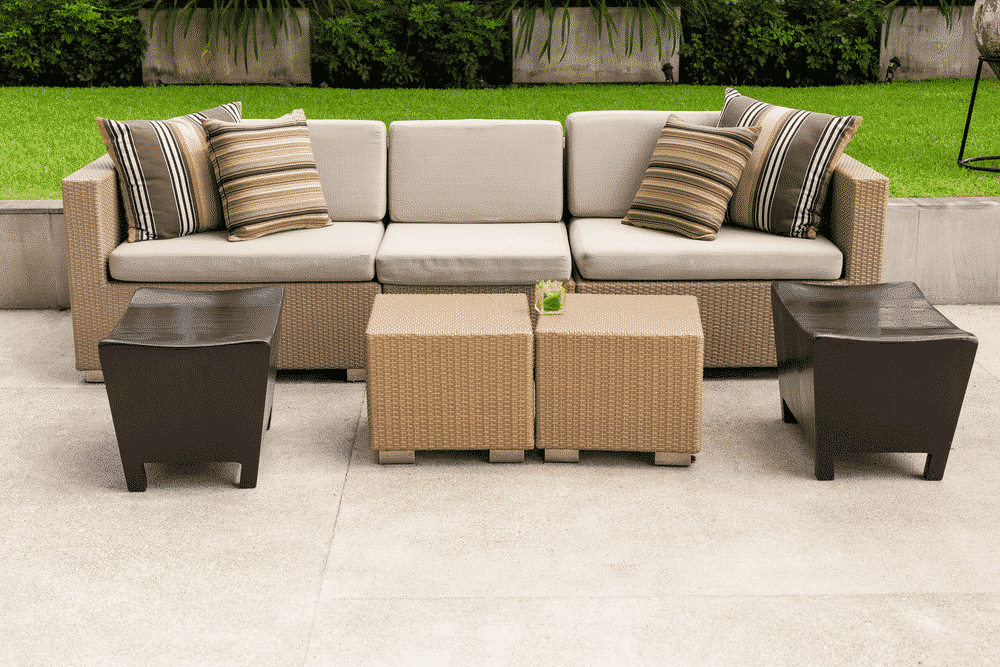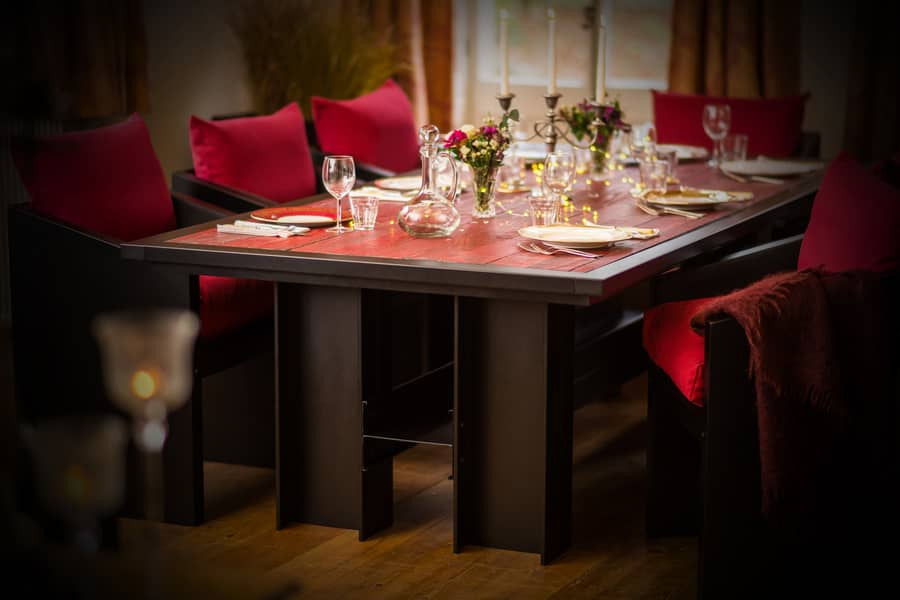Blog Category
Repair Renew Re-use
Repair, Renew Re-use
Annually, in the UK, we throw away over 1.4 million tones of waste electrical and electronic equipment. Each household spends on average £800 a year on electrical items for their homes, and it is the older versions of these that break, are thrown out and create the waste issue. So what are you supposed to do when your fridge or washing machine breaks down? It can be costly to get it repaired, as well as not having any guarantee that the repair will solve the problem for an adequate amount of time. White goods just don’t seem to last anymore, unlike the twin-tub that lasted my Nan for about 80 years (if you believe her). The average life of a washing machine is now under 7 years (more than 10% in a London junkyard were reported as being under 5 years old). Irreparable within only a few years before having to buy a new one – no good for our pockets or our environment and certainly not sustainable design!
Here at Ironfire we’ve been championing sustainable made to last furniture products products while maintaining affordability and the easy replacement of parts when and if required. And if we can do it, there’s surely no reason why others can’t Repair Renew Re-use
Spain, in 2013, brought in a Royal Decree which stated that a certain percentage of electrical and IT products must be recycled and re-used (a term that until recently was indistinguishable from recycled but now means repurposed and repaired rather than broken down and the individual parts recycled). This year, their aim is that 3% of large household appliances and 4% of IT equipment should be re-used, and their research and work into this has found that 25% of equipment that is thrown away is in fact repairable and suitable for re-use. That’s a lot of waste saved, as well as household budgets!
We need better and more sustainable design
Why isn’t more being done about companies and their insistence about unsustainable products?
Their products are cheaper to buy but do not last for long and therefore have to be replaced frequently. A similar problem is planned obsolescence – the practice of producing products that have a limited lifespan until they are no longer in trend, repairable or useless within a certain time period. Mobile phones were a perfect example of this, are getting better but still don’t meet the Repair, renew Re-use brief.
Soon though, it looks like more will be done thanks to the European environment ministers. The BBC are reporting today that finally the EU will be forcing manufacturers into producing goods that will not only last longer but also be easier to repair. Currently the situation with repairing electrical equipment is that parts and instructions are restricted, which limits the repairs to the manufacturers which can be costly and slow – if at all. This will be changed, meaning that local tradesmen will be able to repair equipment – not only saving the consumer money but also investing money in the local economy.
The BBC reports that “because of the CO2 emitted in the manufacturing process, a long-lasting washing machine will generate over two decades, 1.1 tonnes less CO2 than a short-lived model”. So even by purchasing a new machine that claims to be more environmentally efficient, you may be doing a better service by repairing your old machine – as well as saving your money!
Backing all of this up on a ground level, we have the Restart project. A “people-powered project”, they “aim to fix our relationship with electronics”. They run regular Restart Parties where people are taught to repair their broken electronics as well as going into schools and organizations. They say: “The Restart Project was born in 2013 out of our frustration with the throwaway, consumerist model of electronics that we’ve been sold, and the growing mountain of e-waste that it’s leaving behind. By bringing people together to share skills and gain the confidence to open up their stuff, we give people a hands-on way of making a difference, as well as a way to talk about the wider issue and what products we want.”
Now they are being listened to, and their campaign is being taken seriously in the UK and the EU, this can only be a good move for both the consumer and the environment, not to mention the communities that this is bringing together.
Ironfire want to help promote Sustainable design for made to last furniture as their contribution.
So, if you want a piece of furniture that will prove a worthy investment that will last for years, from a company who will provide you with new replacement parts for if it breaks or looks tired further down the line….(It’s worth looking at some of the tweets to Restart from people who have sent in photos of their ovens and toasters that are still going strong after fifty plus years!). Let us know your thoughts on this, as well as any companies you have come across who maintain the repair, re-use ethos, or who just simply make products that last for years!

